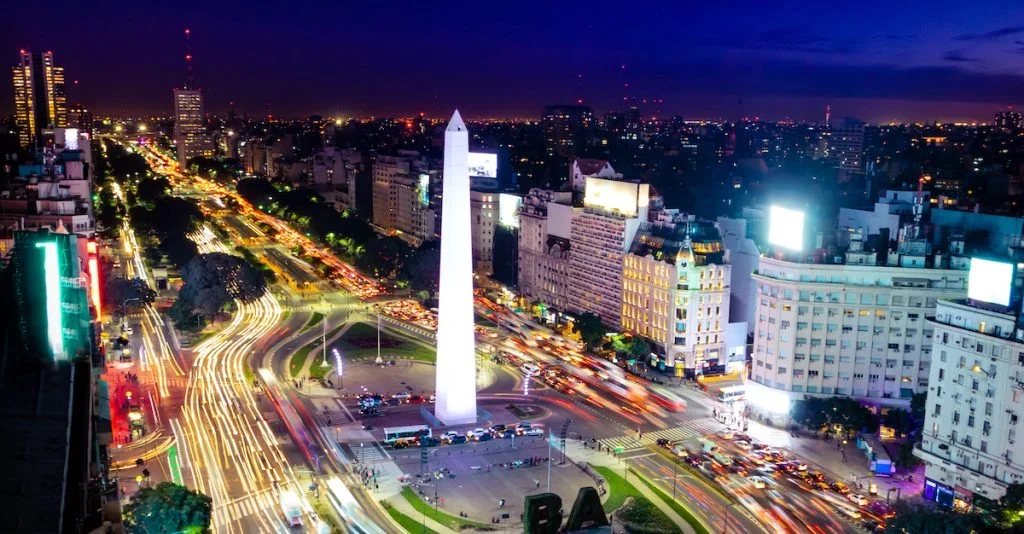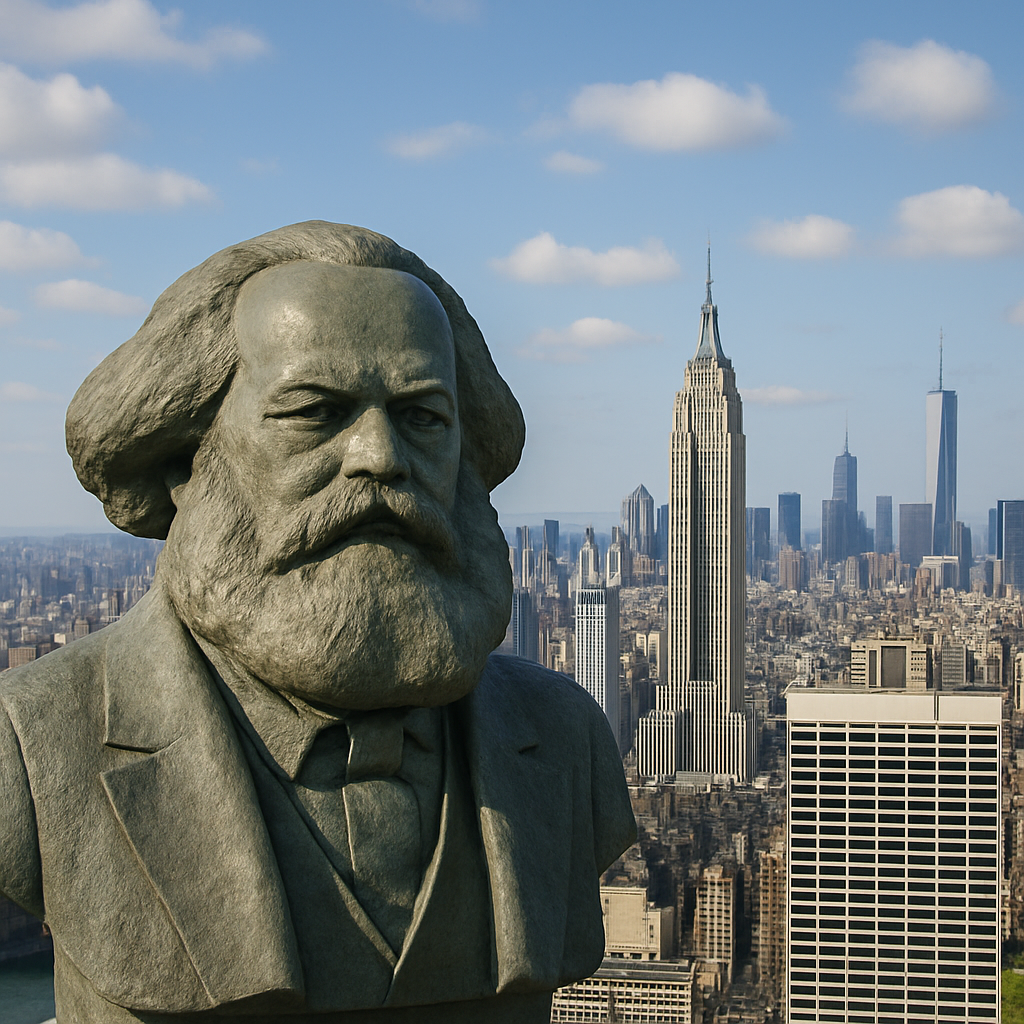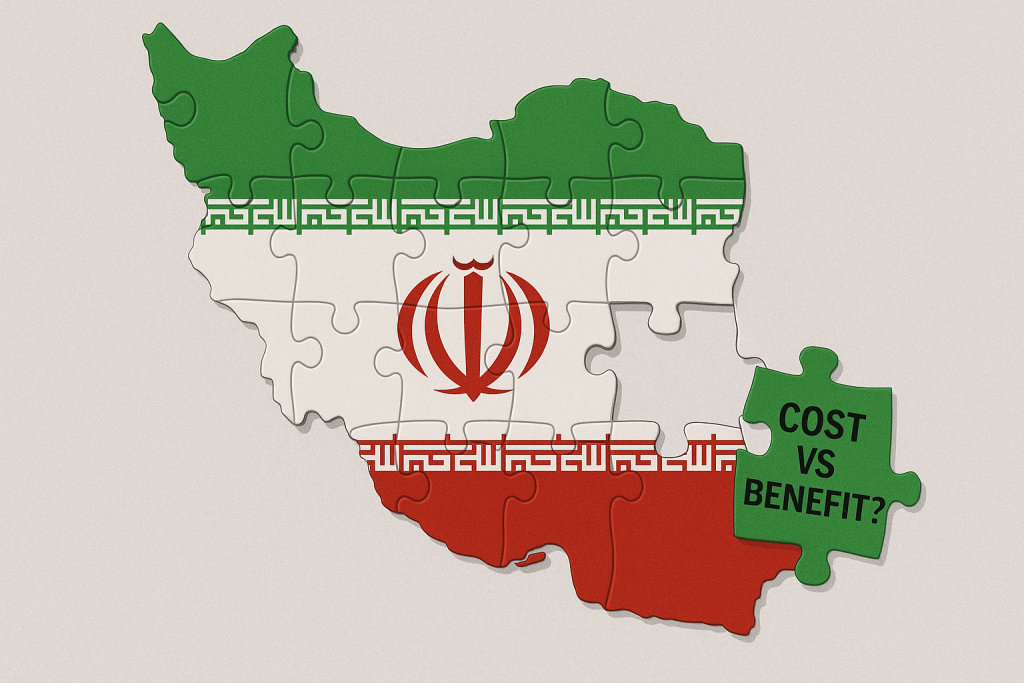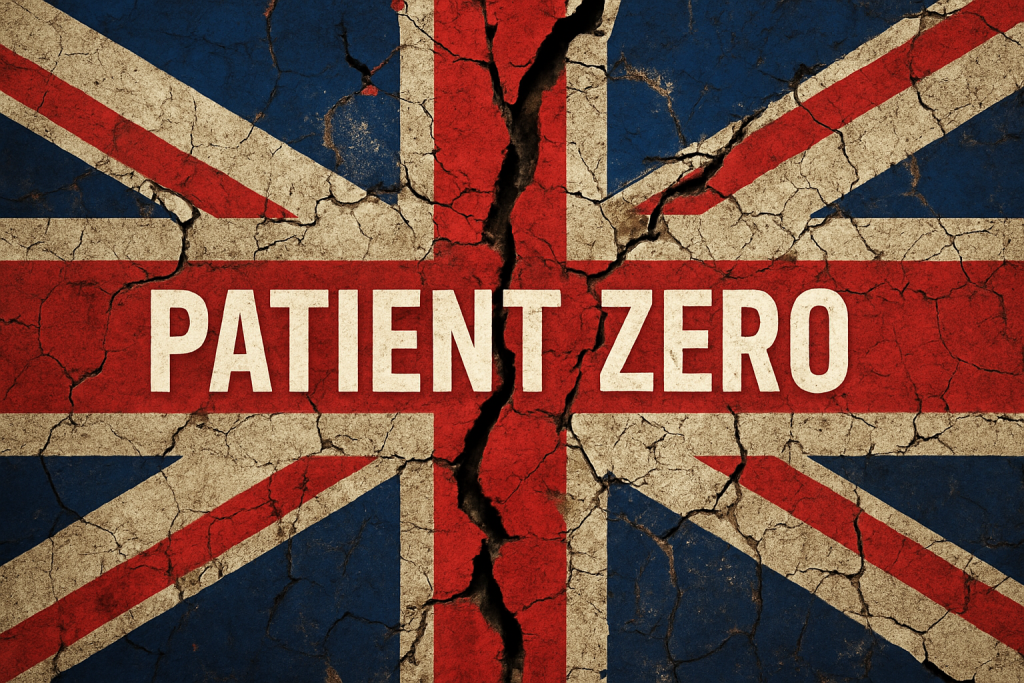When the international news agency AFP announced last week that libertarian outsider Javier Milei had won Argentina’s presidential election, the headline was absolutely hilarious.
AFP claimed that the election of Milei– a self-described anarcho-capitalist, was “plunging the country into uncertainty in the midst of a crippling economic crisis.”
Uncertainty? We’re talking about a country that’s basically in hyperinflation and has been plundered by decades of cronyism, corruption, and criminality.
I suppose the foreign media would have been happier if Milei’s opponent, Economy Minister Sergio Massa, had won… never mind the fact that Massa was one of the key figures who has engineered Argentina’s near hyperinflation.
But that’s sort of the point; the media is one of the key pillars that holds up the establishment. They’re an integral part of it. And they’ll always support establishment candidates, no matter how incompetent or criminal they may be.
It wasn’t just AFP either. Time, for example, wrote, “Argentina Just Elected an Eccentric Populist Who Seeks Counsel From His Cloned Dogs,” running with Milei’s recurring campaign joke that his dogs are his advisers.
The joke is obviously not true, but they felt compelled to paint the guy as a lunatic… as opposed to the button-down establishment candidate who helped wreck the economy.
Politico declared: “Right-wing populist Milei set to take Argentina down uncharted path”. I’m not sure what their point is– would it be better for Argentina to remain on the well-trodden path to hyperinflation?
The Financial Times ran a story entitled, “Radical libertarian Javier Milei seizes victory in Argentina”.
This one is absolutely absurd. If you don’t buy into establishment politics, you’re a “radical”. And apparently, it’s impossible for an anti-establishment candidate to, you know, win the election. So, he SEIZED victory.
Argentina shows that in a country dominated by incompetence for so long, people do eventually wake up and choose something entirely different.
Milei wants to take a chainsaw (a frequent campaign prop) to Argentina’s federal budget and eliminate entire departments of government– including the education and health departments. He wants to dollarize the economy and shut down Argentina’s central bank.
He has his work cut out for him. But if he can accomplish even a small fraction of what he’d like to do, there’s a good chance he’ll arrest the decline and leave the country in a much better place.
I actually lived in Argentina for a brief period some years ago, and it has such extraordinary potential. Buenos Aires has a fantastic night life, lifestyle, and culture. It’s also amazingly inexpensive (when you exchange dollars at black market rates).
Yet the inflation, crime, corruption, and bureaucracy make life quite difficult.
Hopefully Milei can put the country on a different path, and Argentina will be in a totally different position in several years.
In the meantime, anybody who’s ever wondered what it’s like to live in a country run by an anarcho-capitalist, well, now you have the opportunity.
Argentina is actually a fairly straightforward place to obtain residency and citizenship. And given Milei’s libertarian street cred, he may very well make it even easier. I wouldn’t be surprised if he rolled out an economic citizenship program to bring in much-needed revenue (and foreign currency) into the country.
You’ll probably recall that economic citizenship programs (often referred to as Citizenship by Investment Programs, or CIP) have become quite popular in small countries– especially Caribbean islands that depend on tourism.
These are completely legal programs whereby a foreign applicant can make an investment in the country (often overpriced real estate) or a government donation, in exchange for citizenship.
Over time, as more and more countries rolled out their own economic citizenship legislation, competition among various CIPs became fierce… which has driven the price down to as low as $100,000.
The programs are often controversial in their home countries as well; on a small Caribbean island with a population less than 200,000 (and where less than 100,000 vote in local elections), the idea of bringing on, say, 10,000 new “economic” citizens is often met with anger and anxiety.
But Argentina doesn’t have this problem. It’s an enormous country with almost 50 million people… meaning Milei could bring in 500,000 economic citizenship applicants and it would be a drop in the bucket in terms of population.
Yet the revenue from those CIP applicants would amount to $50+ billion, which would be incredibly meaningful to the economy.
For now, Argentina offers temporary residency to anyone who can prove they have about $2,000 per month in retirement or passive income. That means Social Security, pensions, annuities, rental income, dividend income, interest payments, etc.
Unfortunately, employment income does not qualify.
But there is an alternative. You could qualify for temporary residency by depositing about $24,000 into an Argentinian bank.
You must renew annually by once again proving you qualify financially. Plus, you must spend six months of each year in Argentina in order to qualify for renewal.
That means Argentina likely won’t work for a “back-up” residency, where you don’t want to spend significant time in the country.
But naturalization is where Argentina shines.
After holding temporary residency for just two years, you can apply to naturalize as an Argentine citizen, with a solid B+ rated passport.
This is one of the fastest naturalization time-lines in the world. And even though in reality you can expect to wait another two years after applying for the bureaucracy to approve you, this is still a quick naturalization timeline compared to most other countries.
But you could cut this time down even shorter if you give birth to a baby in Argentina.
Due to the legal concept of jus soli, right of soil, the baby immediately becomes an Argentine citizen, and as the parents, you are immediately eligible for permanent residency.
A few months later, right after acquiring permanent residency, you can apply for naturalization.
Passports can be compared to real estate investments in that their value fluctuates over time, typically changing gradually but sometimes shifting abruptly.
In the late 90s, Argentina was on the US waiver program, which meant Argentine citizens did not need a visa to enter the US. That made the passport quite valuable.
But by 2002 in the midst of a financial crisis, Argentina was removed from the US visa waiver program.
This is common for countries with poor economies— their passports’ value as a travel document tends to decrease. Just look at Venezuela as a good example, as more and more countries close their borders and require visas with onerous application procedures to stop mass migration.
Conversely, passports from countries that have rising economic prospects generally become more valuable.
Chile is an example of this, which currently has a great passport that does allow visa-free access to the United States.
Taking a long-term view, an Argentine passport might once again become much more valuable.
And given that it’s one of the most straightforward to obtain, that investment of time and energy may be well worth it.








